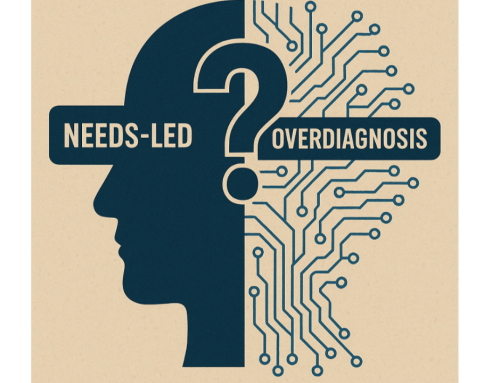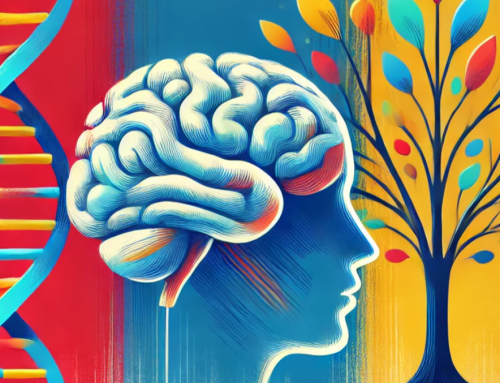
David Brooks – NYT Opinion Columnist
Simply put, this is a good article by David Brooks – who writes opinion pieces for The New York Times. He has created an article that dives into the question of: Are human beings inherently good or bad? Do they lean towards generosity or selfishness? Davis Brooks’ exploration of this thought creates a really compelling narrative.
I encourage you all to read the extract below – but follow the link to read the full article.
Are human beings fundamentally good or fundamentally bad? Are people mostly generous, or are they mostly selfish?
Over the centuries, many of our leading lights have taken the view that people are basically selfish. Machiavelli argued that people are deceitful, ungrateful and covetous. Classical economics is based on the idea that people relentlessly pursue their self-interest. “The average human being is about 95 percent selfish in the narrow meaning of the term,” the economist Gordon Tullock once wrote. In his book “The Selfish Gene,” the evolutionary biologist Richard Dawkins argued, “We are born selfish.” In the public at large, only 30 percent of Americans say they can trust the people around them, suggesting quite a grim view of human nature.
Brooks’ article seems to pivot from the narrative as he writes: ‘But what if this dark view of our nature is not true’?
He challenges us to question these ingrained beliefs about human nature. He wants us to consider the possibility that people may be more generous and compassionate than we often assume. He suggests that we should reevaluate our perceptions of human nature to think that we might be inherently inclined towards goodness rather than selfishness.
This article provides a fresh perspective on the nature of humanity.
You can also download a PDF of the article here.




